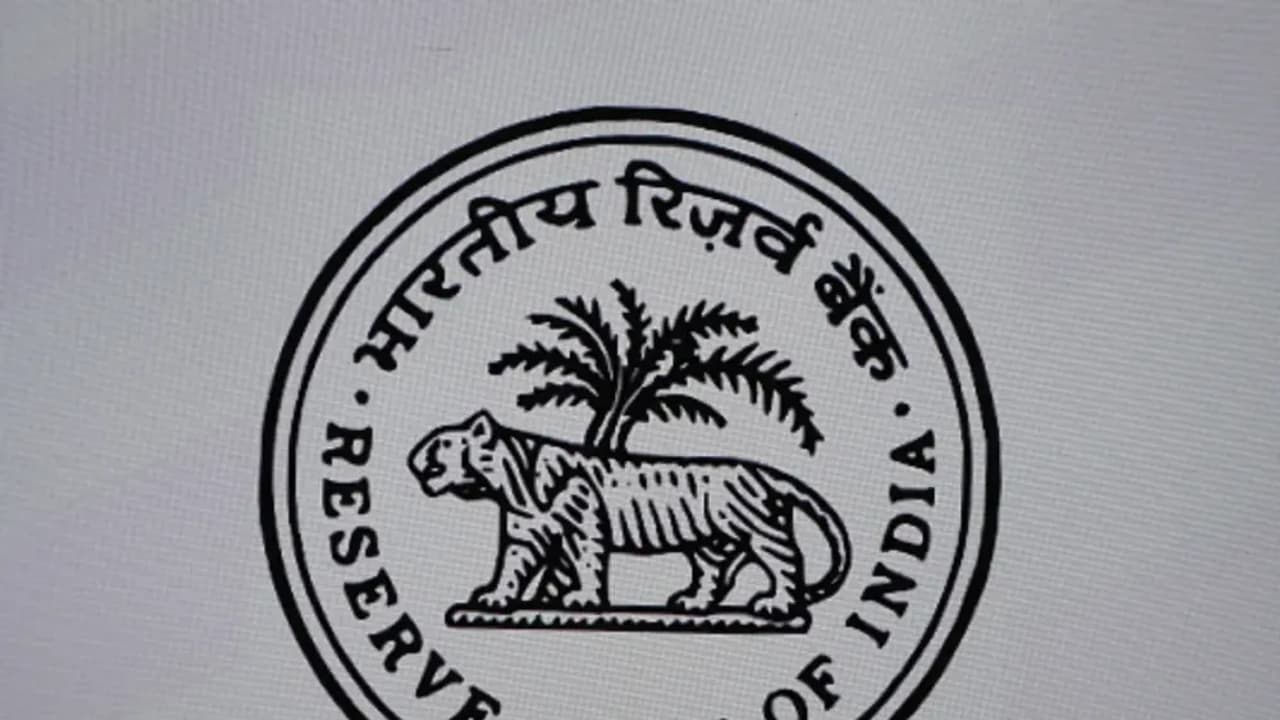Analysts flagged strong rural demand but warned that U.S. tariffs and the weak rupee could pressure growth in the coming months.
The Reserve Bank of India (RBI) left key interest rates unchanged in August, amid threats of ‘higher tariffs’ from US President Donald Trump. Trade tensions have been rising between the two nations over their trade ties with Russia.
The RBI governor, Sanjay Malhotra, in a press conference, said “We are hopeful that we will have an amicable solution,” referring to U.S. trade tensions. On the tariff impact, he said: “We don’t see a major impact of US tariff on Indian economy unless you have retaliatory tariff.”
India’s central bank has maintained its FY26 growth guidance at 6.5%, but revised its inflation forecast lower to 3.1% from 3.7% earlier.
SEBI-registered analysts have analysed the monetary policy and highlighted rural strength, easing inflation, and tariff concerns.
Looking ahead, Pradeep Carpenter noted that if CPI remains below 4% and rupee stability is achieved without excessive FX reserve depletion, the RBI may look at a measured rate cut in Q4 2025. However, this remains contingent on how the US tariff situation develops, the behavior of crude oil prices, and the government’s fiscal stance ahead of the pre-budget phase.
According to Financial Sarthis, policy transmission is still playing out, and no rate cut was expected. And Mayank Singh Chandel said rural demand is holding up well, and urban consumption is gradually improving.
Inflation, Growth Outlook and External Risks
The RBI cut its FY26 CPI inflation estimate from 3.7% to 3.1%. CPI fell to 2.1% in June. The central bank maintained its real GDP growth forecast at 6.5% for FY26 and 6.6% for Q1 FY27.
Financial Sarthis flagged that food inflation may return later. While Chandel said rural demand is holding up well, and urban consumption is gradually improving.
RBI Policy: Sectoral Impact
Carpenter said the bond market saw a mild reaction to the policy, with yields edging lower.
The analyst said sectors such as consumer durables, autos, and FMCG saw positive sentiment. He also flagged that any further escalation in tariffs or rupee volatility could prompt RBI action.
For updates and corrections, email newsroom[at]stocktwits[dot]com.<
